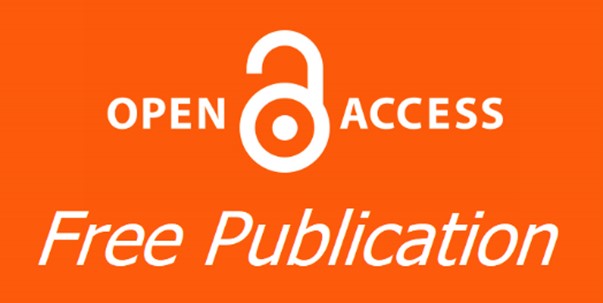Document Type
Original Study
Abstract
Purpose: This study was aimed to evaluate the anticancer effect of nano sized betanine particles (betanine NP) on squamous cell carcinoma cell line compared to doxorubicin (DOX) using cytotoxicity assay. Materials and Methods: Human tongue squamous cell carcinoma cell line (SCC 25) were cultured to obtain 3 groups, two of them were subjected to DOX and the betanine NP. The third group was not subjected to treatment and used as negative control. Different concentrations of betanin NP and DOX were applied on SCC25 to choose the doses with high cytotoxic effects according to their IC50 using the methyl thiazolyl tetrazolium (MTT) viability assay at 48h and 72h intervals. Results: In the current study, IC50 doses for SCC 25 cell line was determined to be 0.91±0.02 μg/ml, 0.37±0.03 μg/ml for DOX and 4.30±0.08 μg/ml, 1.39±0.07 μg/ml for betanin NP at 48h and 72h intervals, respectively. T-test for comparison between IC50 level in different groups showed that there was highly statistically significant difference between samples of different materials (p < 0.001).. These results indicate that higher doses of betanin are required to kill 50 % of the SCC25 cells in comparison to DOX doses. Conclusion: Our findings explained that DOX and betanine NP can induce cancer cell death against SCC 25 cell lines. DOX has higher cytotoxic effect than betanine NP according to MTT viability assay.
Keywords
Keywords: Betanine NP; DOX; Cytotoxicity
How to Cite This Article
Hassanine, Noha; Taha, Amany; and AboHager, Eman
(2022)
"Evaluation of Cytotoxic Effect of Betanin Nanoparticles against Squamous Cell Carcinoma Cell Line Compared to Doxorubicin,"
Al-Azhar Journal of Dentistry: Vol. 9:
Iss.
2, Article 9.
DOI: https://doi.org/10.21608/adjg.2022.75939.1372
Subject Area
Oral Medicine and Surgical Sciences Issue (Oral Medicine, Oral and Maxillofacial Surgery, Oral Pathology, Oral Biology)








